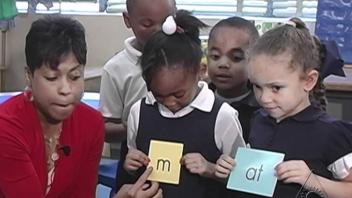What is onset-rime?
The “onset” is the initial phonological unit of any word (e.g. /c/ in cat) and the term “rime” refers to the string of letters that follow, usually a vowel and final consonants (e.g. /a/ /t/ in cat). Not all words have onsets. Similar to teaching beginning readers about rhyme, teaching children about onset and rime helps them recognize common chunks within words. This can help students decode new words when reading and spell words when writing.
Understanding onset and rime is fundamental in phonological awareness, which is the ability to recognize and manipulate the sounds of spoken language.
Key Information
Focus
Appropriate Group Size
Why teach about onset-rime?
- Helps children recognize common patterns in words, facilitating the development of phonemic awareness, which is crucial for reading and spelling.
- Helps children learn about word families, which can lay the foundation for future spelling strategies
- Learning these components of phonological awareness is strongly predictive of reading and spelling acquisition
Watch a lesson on blending onset and rime (small group)
At La Verne Heights Elementary School in La Verne, California, teacher Stephanie Fincher helps her students practice blending onset and rime using manipulatives to represent the sounds. (From our sister project, Reading Universe )
Watch a lesson on segmenting onset and rime (small group)
At La Verne Heights Elementary School in La Verne, California, teacher Stephanie Fincher helps her students practice segmenting words into onset and rime using manipulatives to represent the sounds. (From our sister project, Reading Universe )
Collect resources
Activities
From the Florida Center for Reading Research, download and print these activities:
These articles offer suggestions for how to use simple onset and rime activities to help students develop phonological awareness.
Construct-a-word: “ig” in Pig. This activity helps teachers isolate and teach the rime “ig” using the book If you Give a Pig a Pancake by Laura Numeroff. There is an instructional plan that accompanies the activity and extension ideas included to advance the learning process. The strategy can be adapted to teach different onset and rime word patterns. See example ›
Download blank templates
See the link below for more help building word families using onset and rimes.
Differentiate instruction
For second language learners, students of varying reading skill, and younger learners
- Have students create and write word sorts of the target word pattern.
- Use pictures instead of words in activities for younger and lower level readers.
See the research that supports this strategy
Bear, D., Invernizzi, M., Templeton, S., & Johnston, F. (1996). Words their way: Word study for phonics, vocabulary, and spelling instruction. Upper Saddle River, NJ: Prentice-Hall.
Chard, D., & Dickson, S. (1999). Phonological Awareness: Instructional and Assessment Guidelines.
Ellis, E. (1997). How Now Brown Cow: Phoneme Awareness Activities.
Goswami, U., & Mead, F. (1992). Onset and rime awareness and analogies in reading. Reading Research Quarterly, 2, 153-162.
Wise, B. W., Olson, R. K., & Treiman, R. (1990). Subsyllabic units as aids in beginning readers word learning Onset-rime versus post-vowel segmentation. Journal of Experimental Child Psychology, 4, 1-19.
Children’s books to use with this strategy
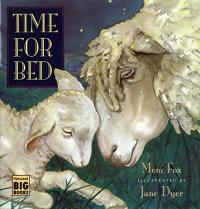
Time for Bed

To Market, To Market
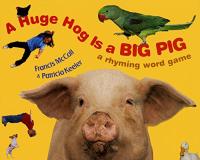
A Huge Hog Is a Big Pig
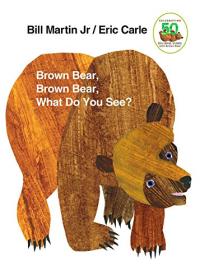
Brown Bear, Brown Bear, What Do You See?
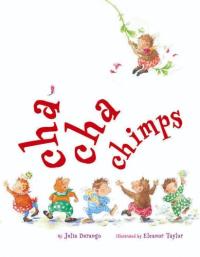
Cha Cha Chimps

